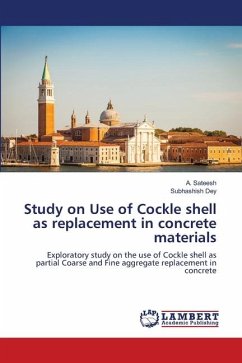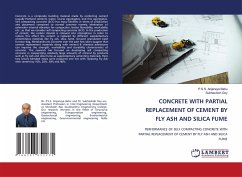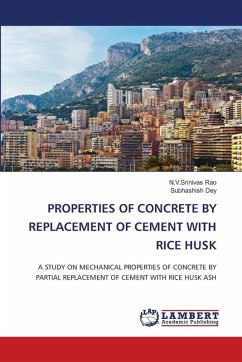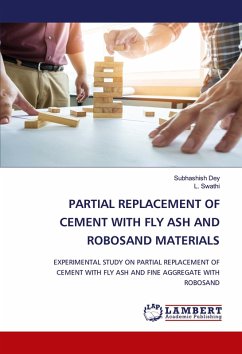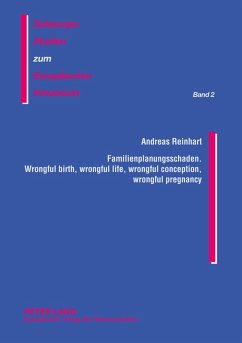
HOMOAFETIVE RIGHT AND REPLACEMENT PREGNANCY
A critique from the perspective of the Principle of Human Dignity in Brazil
Versandkostenfrei!
Versandfertig in 1-2 Wochen
18,99 €
inkl. MwSt.

PAYBACK Punkte
9 °P sammeln!
This paper seeks to analyze whether authoritarianism rooted inBrazilian society, when reverberating in positive law, is so robust to the pointthat the positive understanding in family law goes against the rights gainedin the historical struggles of homoafetive individuals. In the hermeneutic method, it is soughtdialectic, critically, the analysis of the normatization of family composition present in theResolution of the Federal Council of Medicine No. 2.013/2013 and in the Resolution2.168/2017, and the silence of the legislator in order to check whether or not it leads tofull exercise of citiz...
This paper seeks to analyze whether authoritarianism rooted inBrazilian society, when reverberating in positive law, is so robust to the pointthat the positive understanding in family law goes against the rights gainedin the historical struggles of homoafetive individuals. In the hermeneutic method, it is soughtdialectic, critically, the analysis of the normatization of family composition present in theResolution of the Federal Council of Medicine No. 2.013/2013 and in the Resolution2.168/2017, and the silence of the legislator in order to check whether or not it leads tofull exercise of citizenship and human dignity as proclaimed in the ConstitutionFederal of the Brazilian Republic. Or if you still maintain the hierarchical citizenship that is thehistorical tradition in Brazil. It also seeks to analyze whether the rights constitutionallyguaranteed are materially effective for all or if they reach only a few.




